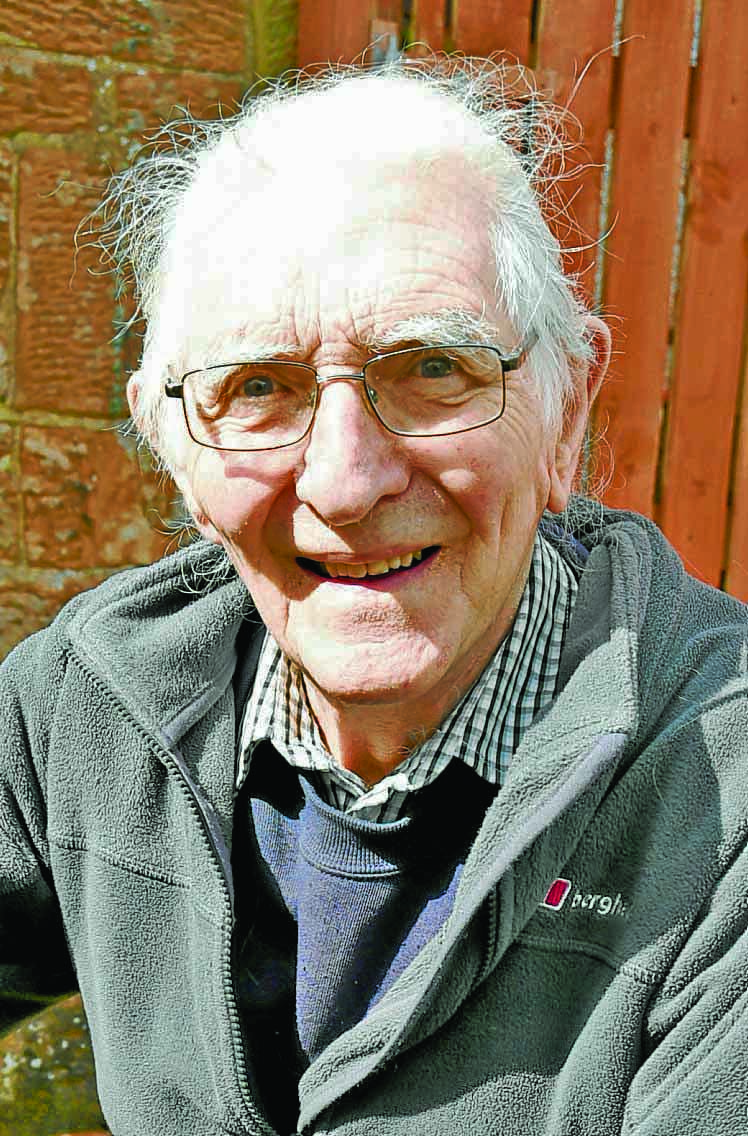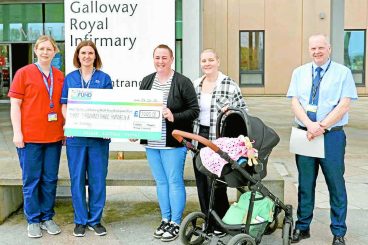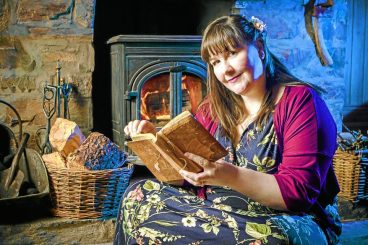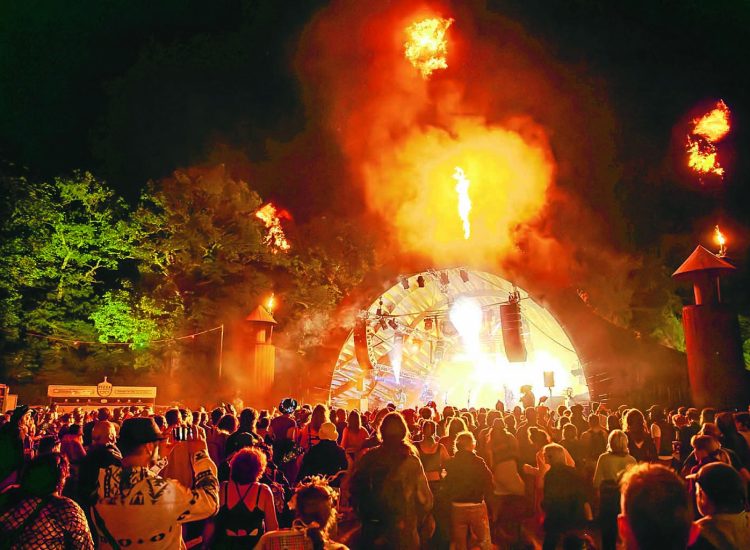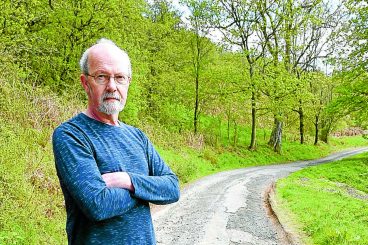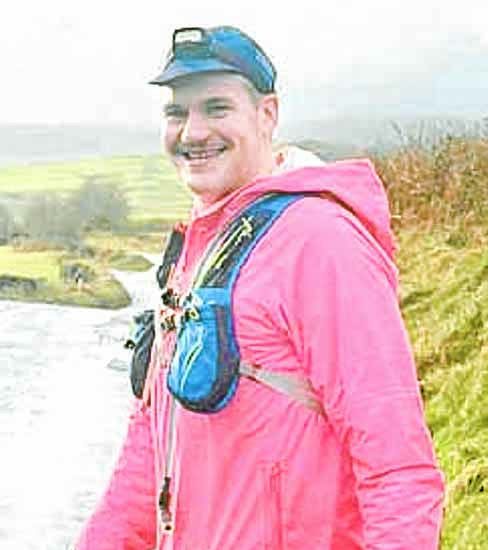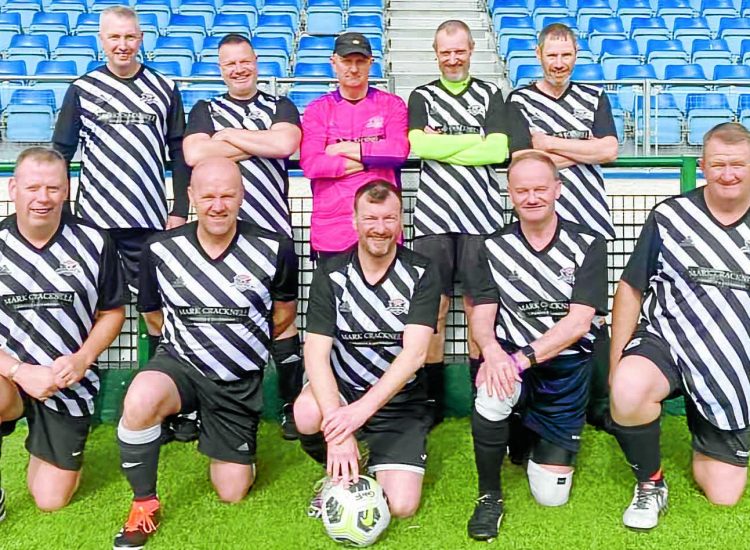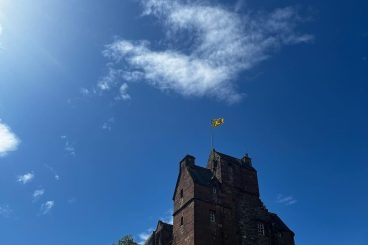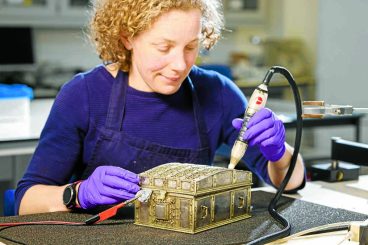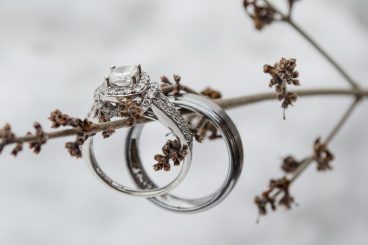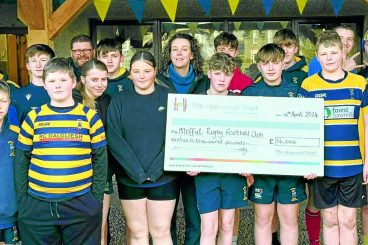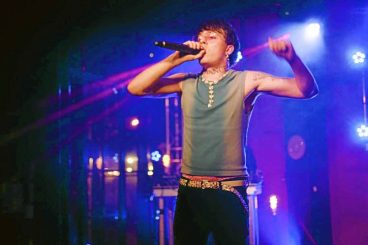A RETIRED police officer living in Waterbeck has been reflecting on his involvement in the arrest of Brighton bomber Patrick Magee, 25 years after peace was agreed in Northern Ireland.
On June 22 1985, Detective Chief Superintendent Ian Robinson, also known as Arthur, was the head of Strathclyde Police Special Branch, and was at home with his wife before he became part of a manhunt tracking Brighton bomber Patrick Magee.
The former duty officer from the Special Branch control room was given intel from the Metropolitan Police that two IRA suspects had just boarded a northbound train at Carlisle to Glasgow.
The previous day the Royal Ulster Constabulary (RUC) had shadowed IRA man, Peter Sherry, who sailed from Belfast to Ayr in a coal boat, with his purpose unknown.
He made his way to Carlisle, where Met undercover officers took over the surveillance. They observed Sherry meeting a small, compact man with dark stubble and a missing fingertip.
They identified him as Patrick Magee – a veteran IRA bomber suspected of planting the device that had killed five and injured dozens at The Grand Brighton Hotel during the Conservative Party conference eight months before.
When Magee and Sherry got off the train at Central Station, they were followed from Union Street, on to a bus, from Govanhill to Queen’s park, then to a tenement in Shawlands, before moving to an apartment at Langside Road on the other side of Queen’s Park.
With the permission of the Met, Ian decided to act to arrest the two men and any others within the flat. Plain-clothed officers were to simultaneously knock on every apartment door, identify the hideout and seize the suspects.
There were to be at least two officers per flat and at least one armed, with others covering the street.
Ian oversaw the operation from Craigie Street police station less than a mile away.
He recalled: “All of the officers had to be in place before we started knocking on doors, we couldn’t take any chances with them.
“We knew they were IRA, but we couldn’t be sure what flat they were in, so two officers were at each door and after the signal was given, they started knocking on all the doors at the same time.
“Magee was the one who came to the door at the ground floor flat, so the officers rushed in and grabbed him along with Gerard McDonnell, Martina Anderson, Ella O’Dwyer and Sherry.”
Officers discovered that the group had been making bombs and storing weapons in the building, after the arrests Ian went to the scene.
He continued: “I went along to the scene later on and the place was full of weapons, we later found the bombs they had been making in the building’s cellar, so I called the bomb squad. Once the bomb squad got there, they had laid all of the bombs out in the garden and all of the grass was covered, it really was something to behold.
“The success of the operation was due to the information given to us by the RUC, we were just there to get the job done.”
Ian retired from Strathclyde Police in 1988 after 31 years of service, but continued to work until he moved to Waterbeck in 1997.
Magee was released under the Good Friday Agreement after serving 14 years imprisonment in 1999.
More recently Ian has been reflecting on the experience during interviews with author Rory Carroll for his new book ‘Killing Thatcher: The IRA, The Manhunt And The Long War On The Crown’.
Ian told the Annandale series that even though he no longer thinks about the man hunt on a daily basis, he would like to see Magee again.
He said: “I remember going into interrogation to see Magee and the others and asked if they had any complaints about their treatment by officers, I introduced myself as the officer in charge and he looked at me up and down with a blank face and never said a word.
“I’ve seen Magee on television a couple times since then and he still thinks he did the right thing, but I’ve always thought I’d like to meet him again and see what he has to say.
“ It was a completely different time, there are still rumblings but it’s nothing like it was. I believe that you wouldn’t agree to a peace deal if you’re winning, and nobody was winning in that situation.”





